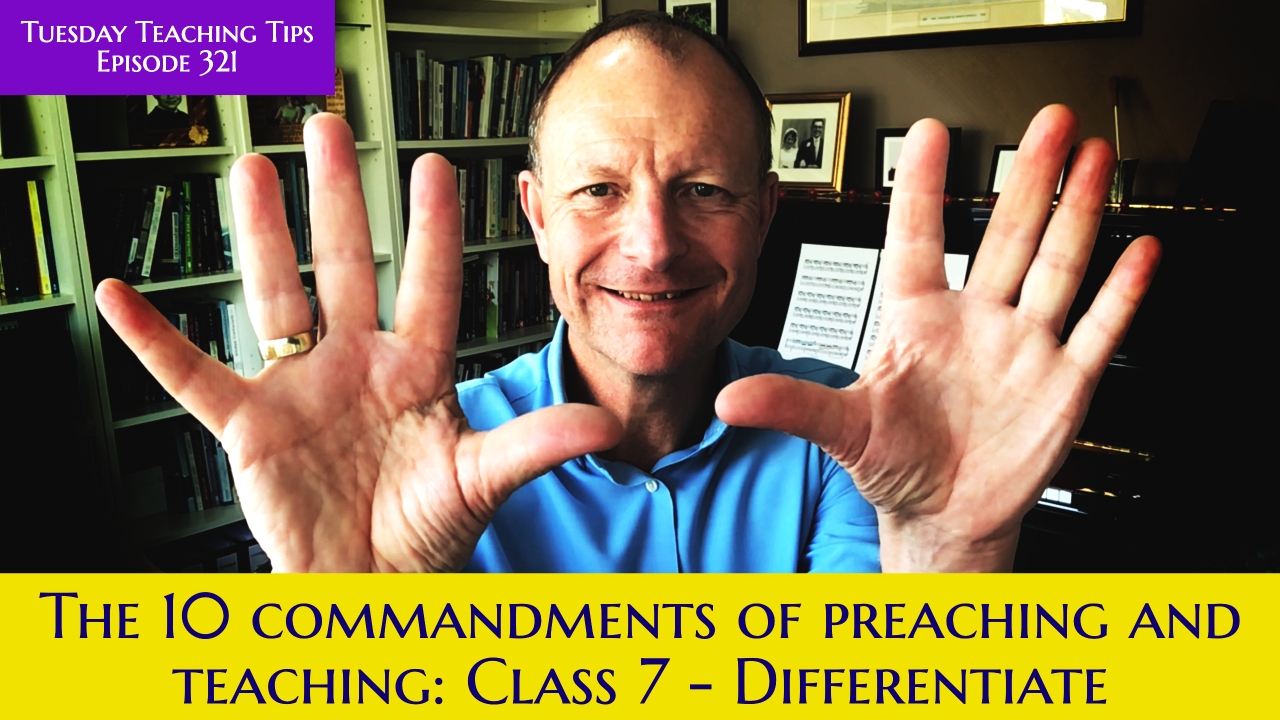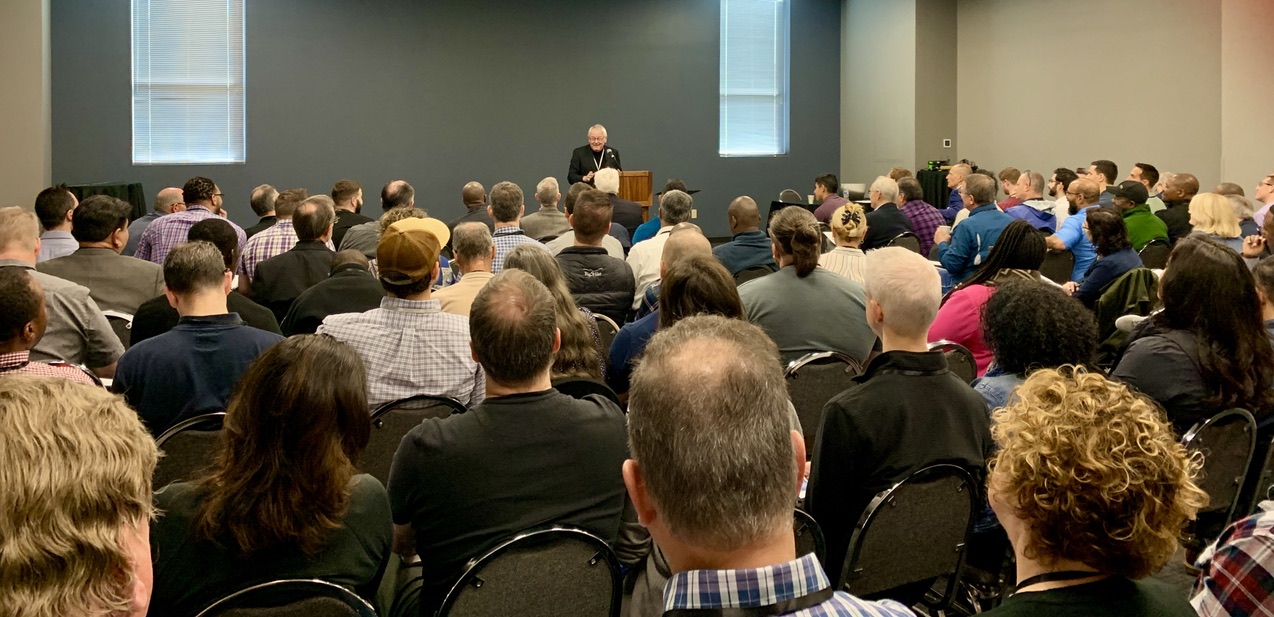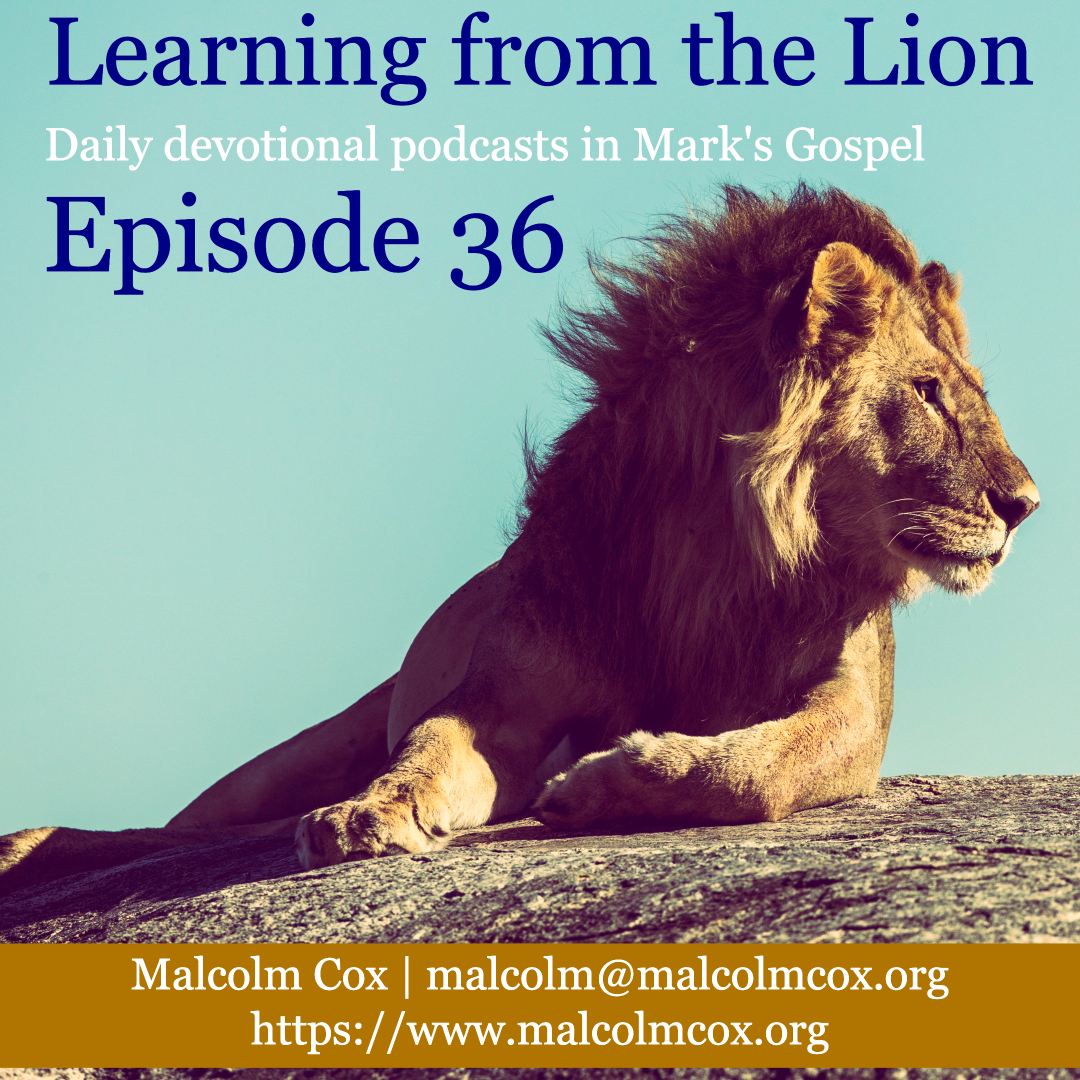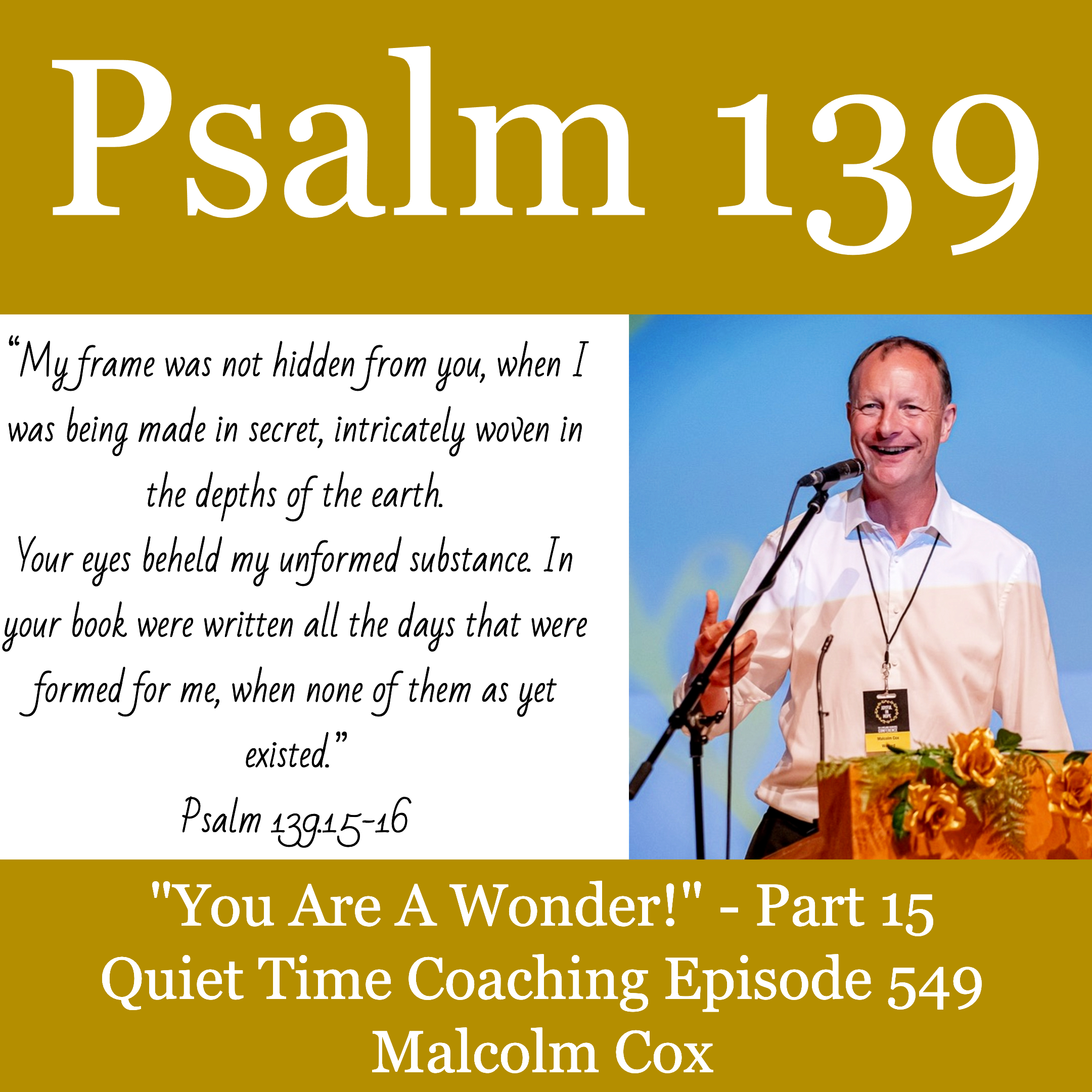6th Commandment: Every Learner is Different so… Differentiate.
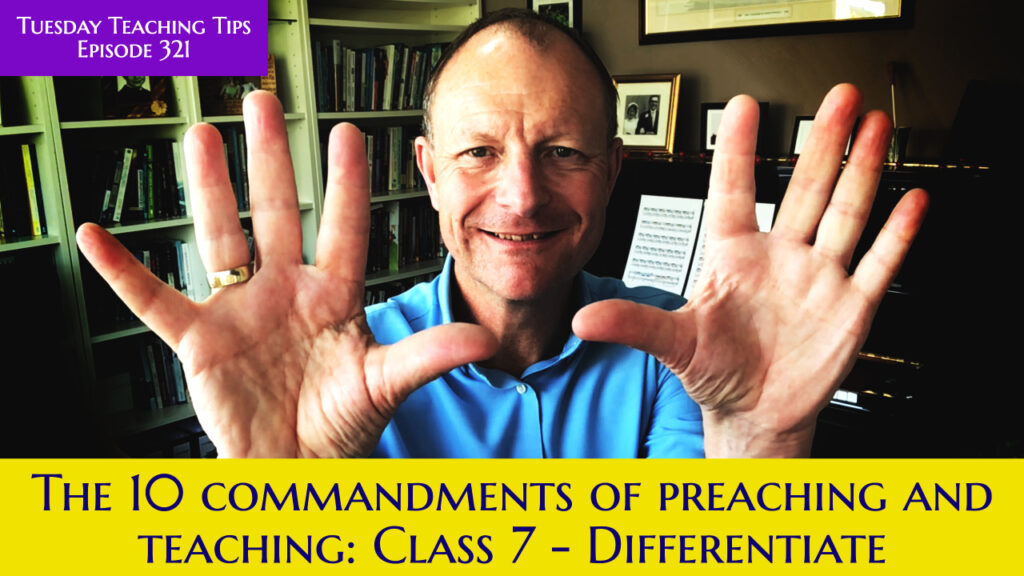
6th Commandment: Every Learner is Different so… Differentiate.
Introduction
Our preaching and teaching will never be perfect. But can we be effective? That’s a noble aim.
“At Iconium Paul and Barnabas went as usual into the Jewish synagogue. There they spoke so effectively that a great number of Jews and Greeks believed.” (Acts 14:1 NIV11)
A note from the previous episode
We were very blessed to have Mike Desouza speak for us in Watford on Sunday as a visiting speaker. He finished in enough time that we could have some discussion after his lesson. We took five or maybe 10 minutes to have some sharing from the congregation about points he had made that touched people’s spirits.
Point of clarification
Unless you are speaking to a small group, you can never know all the differences in your audience. Those differences include cultural, educational and social background, personality, familiarity with Scripture, length of time as a Christian, current circumstances of their work and family life, current state of their walk with Jesus, and how things are going at home with children or spouse. And much more…. However, suppose you speak regularly to the same group. You will become aware of many differences, and can make adjustments to your speaking accordingly.
We do well to adjust our lessons according to the circumstances. Paul’s sermon in Athens was very different to his lessons in other cities (Acts 17:22-34). Aware of the intellectuals and philosophers in Athens, he acknowledged their religious inclinations and quoted from their own poets to connect with them. He also spoke about the “Unknown God” they worshipped and used this as an opportunity to introduce them to the God of Christianity. Jesus communicates very differently to Nicodemus compared to his conversation with the woman at the well (John 3 & 4).
With these thoughts in mind, here are some tips to give you your best opportunity to connect with as wide a variety of people in your audience as possible.
7 Tips
- Pray about connecting with your audience. If you know who will be there, pray for them personally. God will grant you insight whether consciously or subconsciously that will help you connect with those people.
- Personal sharing. Opening up about your own life connects with all people. Vulnerability creates connection. That connection will survive. Cultural barriers.
- Avoid jargon. Bear in mind you might have people who have no faith in your audience.
- Ask questions and expect answers. Actual participation in your lesson helps some people to pay attention and facilitate their learning.
- Vary your style. If possible use a mix of speaking, video, visuals, handouts and discussion. This way, you will reach a larger proportion of those listening to you.
- Practical suggestions. Offer potential ways your listeners can implement what you are talking about. For some people joining the dots between principle and application is more important than others. Avoid telling people precisely what to do, but at least give them an idea.
- Pause. Some people process things quickly. Others less so. One technique you could employ is to take time during your presentation to pause. Stop for a minute or two or three and allow people time to reflect on what you have been saying.
I would like to know what you think of these ‘commandments’ and tips. What is missing? Which ones interest you the most?
Conclusion
Variety is the spice of life, they say. God has given you a variety of people to speak to. Therefore, vary your presentation style and content. Above all, keep the focus on God: Father, Son, and Holy Spirit. If all else fails, if you are culturally, insensitive, educationally, patronising, or overly intellectual — if you talk about God with spiritual discernment and passion, you can be sure those listening will find some benefit from your lesson.
Next week: 7th Commandment: They Won’t Care How Much You Know Until They Know How Much You Care.
Consider joining AIM UK&Ireland to develop your understanding of Scripture: https://aimukandireland.com/. Our next module is Homiletics (the preparation and delivery of lessons).
Please add your comments on this week’s topic. We learn best when we learn in community.
Do you have a question about teaching the Bible? Is it theological, technical, or practical? Send me your questions or suggestions. Here’s the email: malcolm@malcolmcox.org.
If you’d like a copy of my free eBook on spiritual disciplines, “How God grows His people”, sign up at my website: http://www.malcolmcox.org.
Please pass the link on, subscribe, and leave a review.
“Worship the LORD with gladness; come before him with joyful songs.” (Psalms 100:2 NIV11)
God bless, Malcolm

